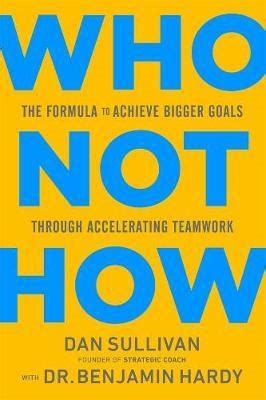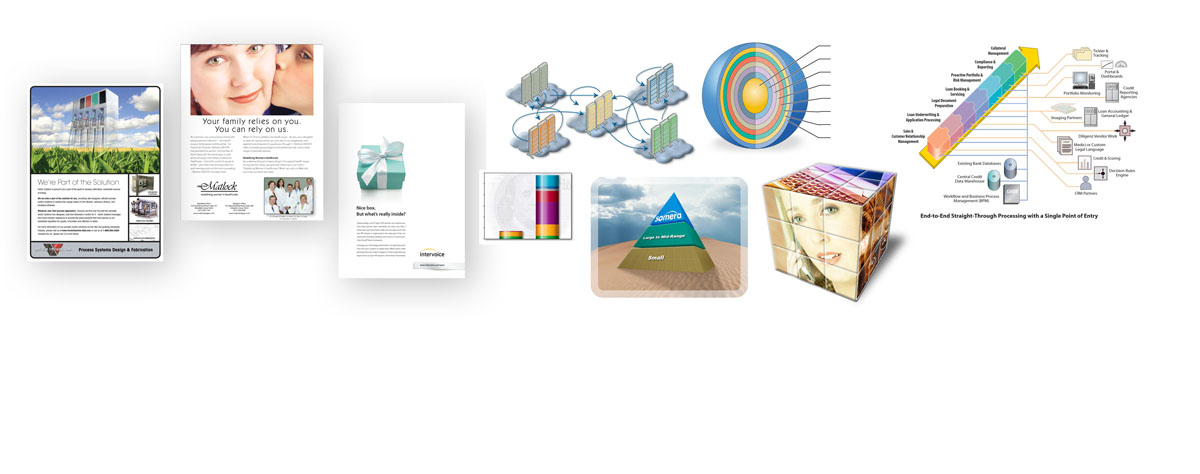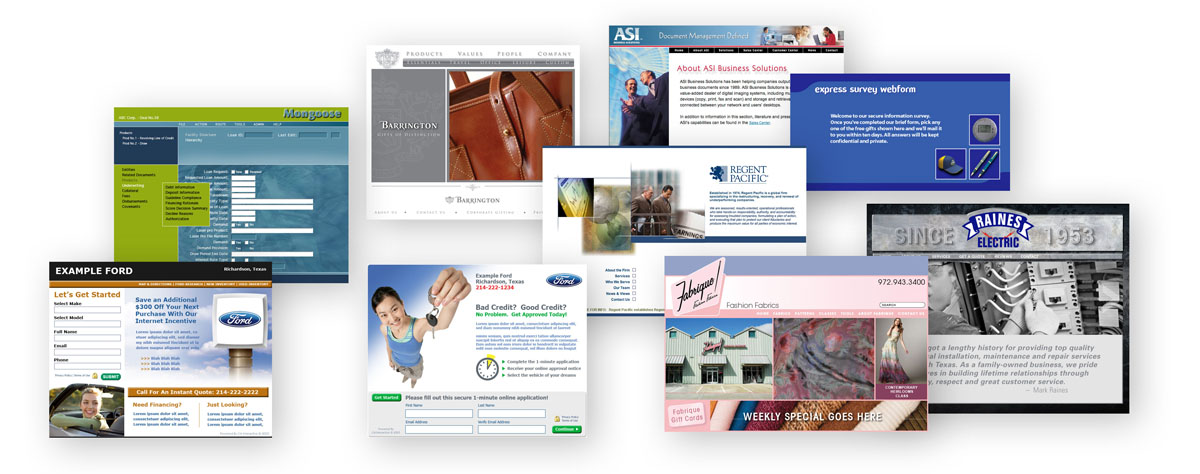Knowing
Yeah, you’re right. This is not the replies to last week’s Dysfunctional Team Game that I promised to publish this week. That’s because several people ran out of time and did not get around to replying. Those who did reply, provided some insightful ideas. There’s still one more week to reply so send me your thoughts and I’ll publish everything I have next week. Meanwhile, here’s something that woke me up at 3:30AM one day last week.

KNOWING
Experiencing the Essence vs Memorizing the Obvious
We often speak of knowing someone in the “biblical sense” as a euphemism for sex but “knowing” implies far more than just swapping fluids. Genuine knowing is, more importantly, a step-by-step process of increasingly honest communication in which both parties are gradually stripped naked psychologically – one which eventually exposes all of our hidden personal flaws and imperfections.
Hopefully, through the act of getting to really know each other, we ultimately find acceptance, warts and all. It’s a measured, incremental growth process because past failures have stripped us of the inner confidence to totally drop our defenses and let another person behind the façade all at once. Just as science has discovered that having sex with someone is the medical equivalent of having sex with every person they ever had sex with, so to, getting to really know someone entails dealing with the impact of every personal relationship they’ve ever engaged in.
Aside: We’ve been conditioned to compare our physical nakedness to the perfection portrayed in romanticized art and airbrushed erotica, whereas a more accurate comparison might be with stark images of Jewish prisoners stripped naked during the Holocaust. The same goes for psychological nakedness. Nobody possesses the perfect body or psyche. We’re all broken and imprisoned in one way or another.
Bandwidth
The average person doesn’t possess the psychological fortitude to intimately “know” more than a group of close friends. Given our current culture, we may not even possess psyches capable of completely knowing ourselves, much less a large group of individuals, no matter how like-minded we all may be on the surface. How many times have we lain awake in the quiet solitude of predawn and asked ourselves, “Does my spouse of 10…20…30…40 years really even know me?” “Do I even know myself?” “Why do I profess to believe one thing yet deny that belief by my daily actions?”
Dementia is a process of forgetting who we are – not just our history but our inner selves, even our involuntary reflexes. But what should be the term for never having really known ourselves to begin with? A friend of mine died from Alzheimers because he first forgot his past, then forgot his present, and eventually forgot how to breath. Perhaps, many of us are already in those early stages and just don’t realize it because we never really knew ourselves to begin with, leaving us with far less to forget.
Real Knowing
The Biblical story of Job is routinely interpreted as a lesson in suffering but suffering is really just the stage prop. Job is a book about “knowing” versus “knowing about”. Job’s friends repeatedly quoted sound theology to him and were certain, based on their lifetimes of learning, that Job had brought his suffering on himself via his own sins. They declared many truths about God while Job hurled insults and blame at God.
Yet, in the end, it was Job whom God justified rather than his friends because it was Job who “knew” God and had a personal relationship with God as opposed to knowing a great many truths about God. It’s no coincidence that in the New Testament, Jesus says to those who genuinely believed themselves (based on their lifestyles) to be among the elect, “I never knew you; depart from Me, you who practice lawlessness.”
Can we really “know” another person or even the God who created us until we begin to know ourselves, apart from a lifetime of rationalizations and carefully crafted defense mechanisms? Perhaps that incremental process of dropping our guard and coming to know another individual through open, honest communication is in reality, only a practice session for truly knowing ourselves and ultimately coming to know He who set our atoms in motion.
As the saying goes, “practice makes perfect.”
 Want to dip your toe in the water of “knowing”? Then, hit the reply button on this email and let’s pick a time to meet over coffee. We’ll call it a practice session, and who knows? Maybe we’ll both grow from it.
Want to dip your toe in the water of “knowing”? Then, hit the reply button on this email and let’s pick a time to meet over coffee. We’ll call it a practice session, and who knows? Maybe we’ll both grow from it.
“Do not waste time bothering whether you ‘love’ your neighbor; act as if you did. As soon as we do this we find one of the great secrets. When you are behaving as if you loved someone you will presently come to love him.”
— C.S.Lewis
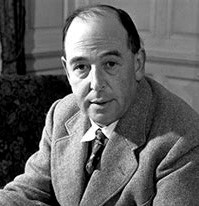

Did someone forward this newsletter to you after reading it themselves? Don’t settle for that!
CLICK HERE
to get a fresh, unused copy of this newsletter sent directly to you every Sunday morning. If you decide it stinks, you can always unsubscribe.
The Power of the Other
— Dr. Henry Cloud
Cloud is not just a great business coach. He’s a terrific life coach as well. This book may well be the perfect handbook for understanding the power of relationships (both good and bad) and capitalizing on the experience of “knowing” the right people. It’s also a fantastic starting block for becoming the powerful “Other”.
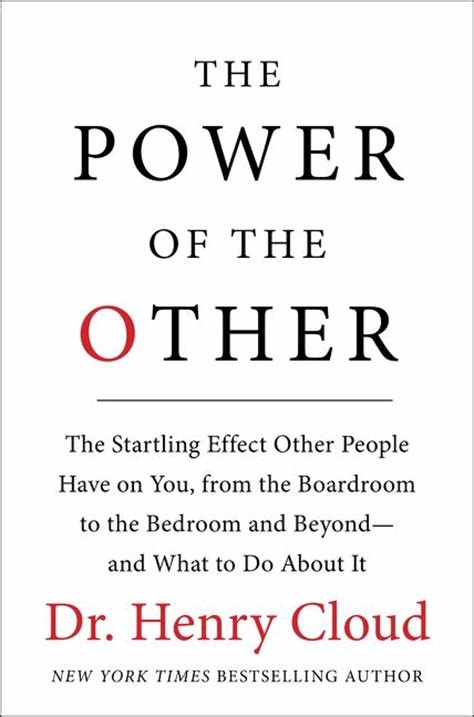
Who Not How
— Dan Sullivan and Dr. Benjamin Hardy
If Henry Cloud adequately defines what genuine relationships look like, Dan Sullivan documents the transformative power those relationships can provide in our personal and business endeavors. These two writings are perfect bookends to a dynamic plan for success.
